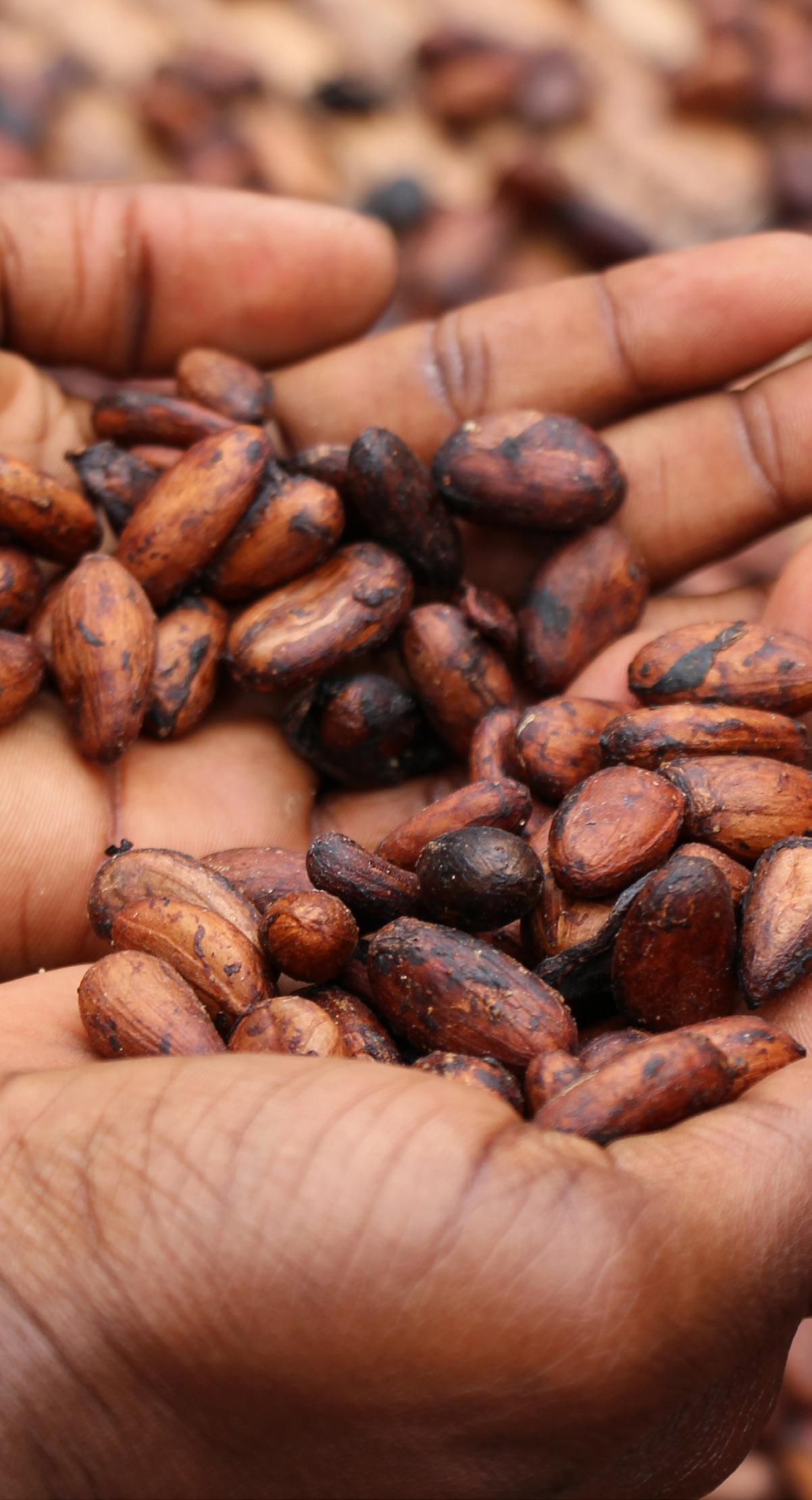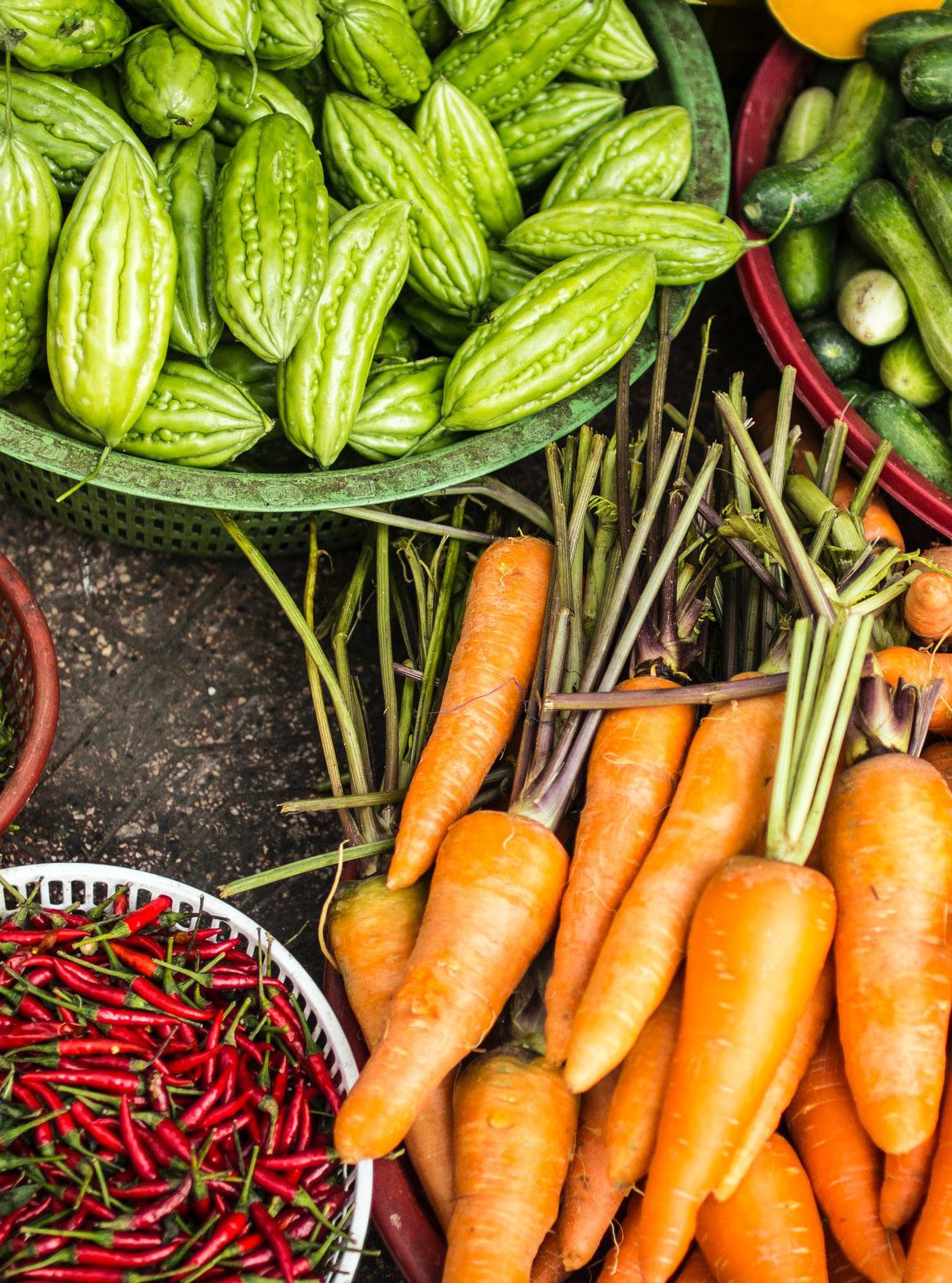
1 minute read
The impact of the Covid-19 pandemic on agriculture in Africa: Disruptions and opportunities in the midst of present realities
Prof Carlos Lopes indicated that Covid-19 disrupted 65% of Africa’s employment. There is no other disruption in recent memory which supersedes the ripple effect of this pandemic in 2020. In addition to this health and socioeconomic crisis, other natural disasters, such as the locust invasion in East Africa, exacerbated challenges to the agricultural sector. There are tremendous opportunities for recovery beyond Covid-19. Earlier sections in this policy brief outlined the opportunities for growth and structural transformation, including employment creation. The importance of agriculture to food security, through the provision of competitively priced food to the urban sector, can help cap wage demands in the nascent manufacturing sectors on the continent. Food comprises a high proportion of urban workers’ and residents’ consumption basket. Agriculture also plays a critical role in alleviating balance of payments constraints.
The large productivity gap in the agriculture sector with product focus has the potential to double or triple the production of cereals grains and horticultural products. Mr Nimrod Zalk noted that this requires the adoption of high-yield varieties and increasing public inputs in this sector. Of note, he also observed the need for to adopt farm technology and rais fertiliser usage levels.
Advertisement
The industrialisation of freshness provides additional opportunities. This is the case in the horticultural sector, especially with the production of cut flowers. These sets of products are actually very high-value export commodities and require sophisticated industrial capabilities. Countries such as Ethiopia, Kenya and South Africa are raising horticultural production and exports to capitalise on this. By so doing, these countries are in a process of structural change within manufacturing itself. Also, the manufacturing of agricultural products across the continent is a particular area that is well suited to increasing regional production and trade.
Dr Aniemeka emphasised the role of capacity-building and connecting policymakers to farmers through more robust engagement and consultation. He also mentioned several policies that can enhance the transition of African smallholder farmers into commercialised farmers.







